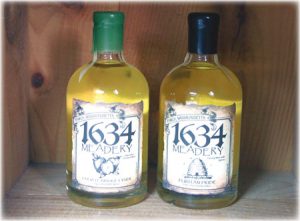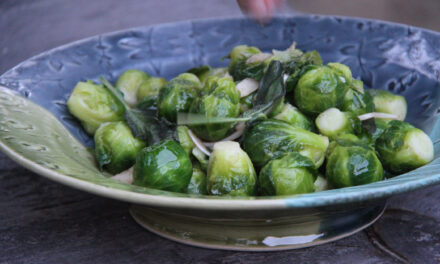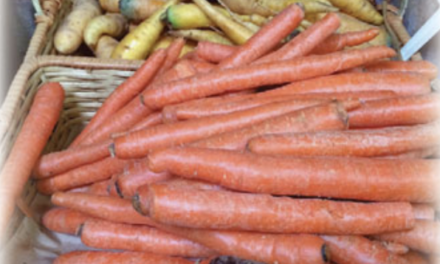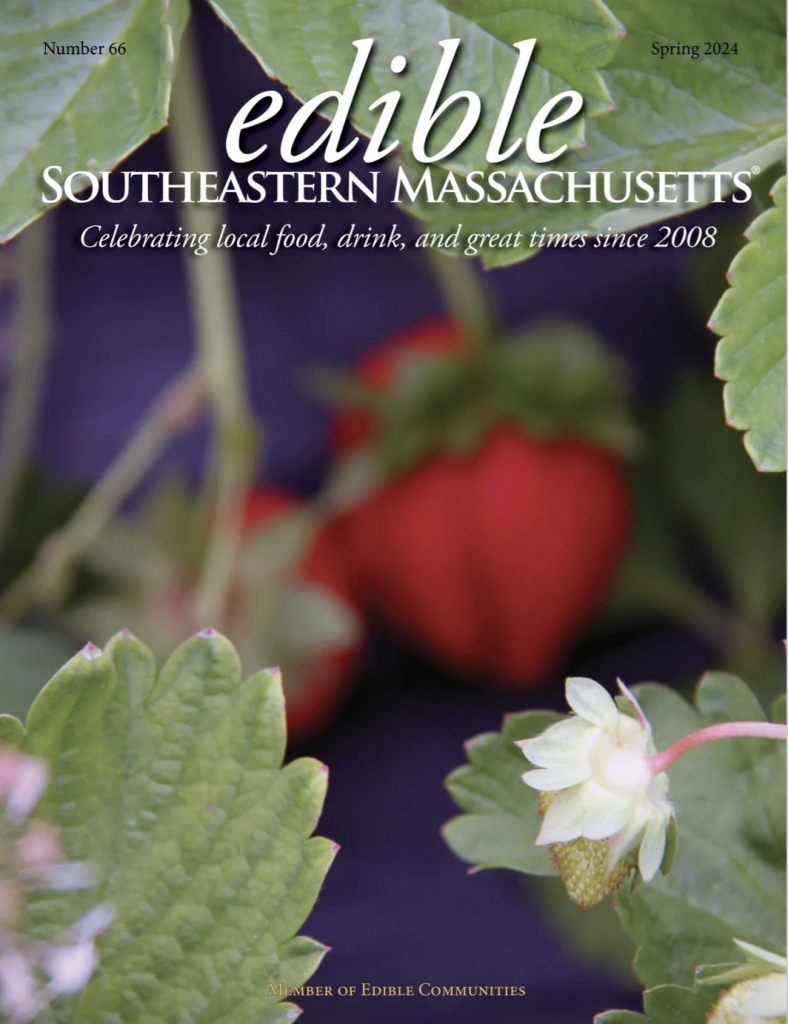edible Notables
By Monica O’Malley-Tavares
The practice of fermenting honey and water (along with a variety of fruits, herbs, and spices) was regarded as sacred by the Ancient Greeks, who called it ambrosia, or sweet nectar—a magical drink that prolonged life. Today, making mead, or ‘honey wine’, has become a popular hobby for some, and a rewarding business for others.
A few local farmers ferment mead for their own personal consumption, like Ben Wolbach of Westport’s Skinny Dip Farm. With a new baby, growing for busy markets, and a full scale CSA, he hasn’t found enough time recently for his favorite hobby. But when he does make mead, it is always an amusing experiment. Typically, Ben likes to “make a lot”, he says with a snicker. This allows for learning with each batch, oh—and lots of sampling, he adds with a wink. Ben has allowed some mead to ferment dry, which becomes more winelike. With other batches he halts the fermentation to create a sweeter tasting dessert wine. He explains that even though you start with sweet honey, mead is often herbed or seasoned to offset the inherent bitterness resulting from the fermentation process. He has tried using elderberry, a variety of spices and has even made cyser, a fruity mead flavored with apple cider.
Meanwhile, local beekeeper Paul Camello of Queen Bee Honey in Pembroke, has been keeping bees for 12 years. Curious about the process involved in making the oldest known alcoholic drink, Paul has made mead using his own honey from the bees he keeps at Rocky Run Farm in Pembroke. The organic farm is a pollinator habitat with ample nectar sources for the bees. Camello explains that mead making takes time and patience. Honey breaks down to alcohol very slowly, which is why the process cannot be rushed. He is still sampling a batch made in 2013, and enjoys the different flavor of the mead as it ages.
Dan and Deb Clapp of 1634 Meadery, a small artisan style mead-maker in Ipswich, started out creating mead for their own enjoyment. They now have a commercial meadery open to the public that serves five varietals of mead, such as Blueberry Dream, made with local blueberries and Massachusetts honey, and Puritan Pride, made with dark fall wildflower honey and aged in American Oak. Dan and Deb value sourcing local ingredients for the different mead flavors. The nectar sources where the bees forage impart a distinct essence to the honey, and therefore impact the ultimate mead flavor.
Here in New England, varietal honeys such as blueberry, clover, and cranberry are prominent and Dan and Deb both prefer to use local wildflower honey. They say that, “fresh, raw local honey absolutely makes the best mead”. 1634 Mead is fermented for 2 weeks, (a little longer if fruit is added), and then ages for 5-8 months, or longer. During the fermentation process temperature, pH, and nutrient levels are closely monitored. 1634 Meadery plans to add new flavors throughout the fall and winter, such as Citrus Breeze, Strhuberry (strawberry & rhubarb), and Viking Victory, a spiced mead.
Whether you have the time, patience, and desire to create a batch of mead, or prefer to sample one with friends from a local meadery, follow the Ancient Greeks’ lead and become part of the revival of mead-making.
1634 Meadery
3 ShortStreet
Ipswich, MA 01938
(978) 325-6215
www.1634Meadery.com
Monica O’Malley-Tavares is a middle school teacher, mom to two, and avid gardener. She can often be found exploring the South Coast in muck boots with camera slung around her neck and notepad in hand.






